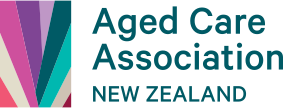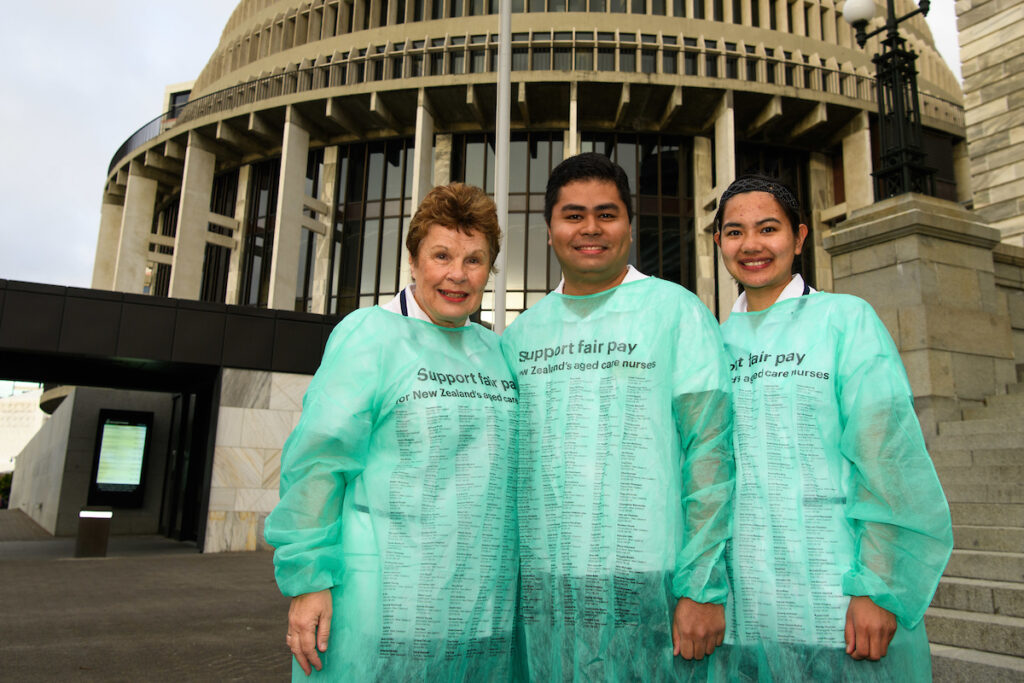
The following standards were reviewed and combined into the one, updated 2021 Standard.
- Health and Disability Services Standards (NZS 8134:2008)
- Fertility Services Standard (NZS8181:2007)
- Home and Community Sector Standards (NZS 8158:2012)
- Interim Standards for Abortion Services in New Zealand.
The Ministry of Health (MOH) partnered with Standards New Zealand, a business unit within the Ministry of Business, Innovation and Employment (MBIE) to review these standards.
The NZACA was involved in the entirety of the Health and Disability Services Standards Review from 2017 when initial sector feedback was sought through to the review process in 2019-2021. While the Association supported the aspirational goals set out in the Standard, we were vocal throughout the process about concerns around the ARC sector’s capacity to achieve compliance given its lack of resources.
NZACA Chief Executive Simon Wallace was heavily involved in the review process, as was Clinical Advisor Rhonda Sherriff who sat on the Standards Development Committee.
Standards review timeline:
2019
May – August
Ministry of Health (MOH) and Standards NZ (SNZ) scoping workshops.
September – November
Overarching Standards working groups
Five working groups were established to draft the overarching criteria which would apply to all health and disability services.
December – February 2020
Sector guidance working groups
Six working groups were established to develop guidance on how the standards may be applied in different care settings.
2020
March
Rhonda Sherriff, NZACA, appointed to Standards Development Committee.
March – October
Drafting of new Standard.
October
Draft Standard out for consultation, feedback due 13 January 2021.
2021
January
NZACA submission to MBIE on draft Standard.
The HDSS review was interrupted early on by the COVID-19 pandemic and, in the view of the NZACA, was rushed, particularly from the beginning of 2021 when the draft Standard was out for consultation. The NZACA, with input from the Nursing Leadership Group, put forward a submission to MBIE in January 2021, outlining its concerns with the draft Standard.
Feedback was given at an individual criteria level, along with the following covering statement. A copy of the submission was also sent directly to Carolyn Tremain, MBIE Chief Executive.
“The Standards are aspirational which is laudable, but there comes a point where aspiration needs to give way to reality when funding is capped as it is in the ARC sector and many other parts of the health system. Setting an aspiration in a standard that cannot be met because of funding constraints is counter-productive to both providers and their patients/residents.
ARC providers are committed to the principles of Te Tiriti and by and large do their best to commit to these principles, as evidenced in the body of the submission that follows. However, some of the requirements that plan to be introduced would be onerous, costly, and indeed impractical at the coalface in an ARC facility. The sector would require solid resource, support, guidance, and funding in order to meaningfully implement the requirements.”
Our full submission can be read here.
Concerns raised in the NZACA submission were largely ignored by the Standards Development Committee, which consisted of 24 members, two of which represented ARC (Rhonda Sherriff, NZACA and Jessica Buddendijk, Care Association New Zealand (CANZ)).
February
- Response to submission from SNZ.
- NZACA supply template letter for members to contact designated auditing agency (DAA) with concerns about the reviewed Standard.
- Second/final draft received.
March
- NZACA and CANZ vote against the new Standard. All other parties vote in favour. No vote rejected by SNZ.
When asked to participate in a ballot to support publication of the new Standards, the NZACA cast a ‘No’ vote, citing the technical reasons for our objection.
- NZACA responds to rejection of No vote, and ballot accepted.
April
- NZACA attends SNZ ballot resolution meeting.
In April 2021, the NZACA was required to explain our position in front of the SNZ committee, who requested our vote be changed (which we declined). The NZACA put forward a strong case for more time and consideration of the impacts on providers to be put in before their publication, and as a result the MOH agreed to push back the implementation date from November 2021 to February 2022.
- Outcome of ballot resolution meeting,
Following NZACA advocacy at the ballot resolution meeting, MOH agree to a three-month postponement of go live date and piloting of Standards prior to coming into effect.
- NZACA resubmit negative ballot, which is accepted by SNZ.
The NZACA and CANZ were the only two groups to vote against the Standard. It passed with a majority, with DHBs and other provider representatives including from hospice, disability, and home and community all voting in favour.
May
- Ngā Paerewa approved by SNZ Board.
- NZACA engaged PwC for cost analysis exercise.
In May 2021, the NZACA engaged PwC to perform a cost analysis of the new Standard for the ARC sector. Completed in December 2021, the report identified both financial and non-financial barriers for the sector to meet Ngā Paerewa and is being used as a foundation paper. It was clear from the report that there would be a wide range of challenges and costs across the sector and a several factors behind these including provider type, size, and locality.
June
Ngā Paerewa approved by Minister of Health and published.
The Minister of Health signed off the updated Ngā Paerewa Health and Disability Services Standard (NZS 8134:2021) in June 2021, with an effective date of 28 February 2022. Once set in stone, the NZACA had no choice but to change tack and instead of objecting to the change, work to support our members to meet the new Standard.
June – February 2022
Informing members.
Following the review process, NZACA members have received regular communications via In Touch with updates on HealthCERT workshops and education sessions, pilot audits, and the publication of the mapping analysis and sector guidance.
Between November 2021 and January 2022, the NZACA Education Trust ran a series of five workshops across the country where keynote presenter Gillian Robinson (HCSL) shared how ARC providers can adjust policies and processes on their site to meet the revised Standard.
December
After being delayed due to COVID-19, pilot audits began in early December 2021, with providers undergoing a standard audit alongside an audit of the new Ngā Paerewa Standard. NZACA sought feedback from its members involved in this process.
2022
February 2022 – May 2024
2021 Standard in effect from 28 February 2022.
Providers with audits due on or after 28 February 2022 are being audited solely against the Ngā Paerewa Standard.
HealthCERT has advised that a non-punitive approach to transitioning to the 2021 Standard will be taken:
- mapped criteria will continue to be audited as usual and attainment aligned with current audit practices. 72% (148 of 204 criteria) directly map.
- for criteria that have been identified as partially mapped, providers will have a 6- to 12- month period to address and evidence compliance. 10% (20 of 204) partially map.
- for criteria that are new or have not been mapped, providers will have a 12- to 18-month period to address and evidence compliance. 18% (36 of 204) do not map.
HealthCERT will be conducting a monitoring and evaluation phase-out until May 2024. During this time, it will be actively encouraging sector feedback to capture lessons and opportunities for continuous improvement.
Where to from here?
Ngā Paerewa reflects a shift towards more person- and whānau-centred health and disability services. Service providers have additional responsibilities under Te Tiriti to be responsive to the needs of Māori and these must be met.
The NZACA welcomes feedback from members who are audited under Ngā Paerewa:
- Did the audit process take longer than with the previous 2008 Standards?
- Did the audit cost more than an audit against the 2008 Standards?
- Did you achieve the same level of compliance you would previously expect to?
- What, if any, areas did you not achieve compliance in?
- What areas will you struggle to be able to achieve compliance? What do you think the reasons for this are i.e., financial barriers or barriers to accessing services?
Are auditors taking a non-punitive approach to transitioning to the 2021 Standard requirements (as above)?
The NZACA’s advocacy is evidence-based. Hearing from our members is vital for us to know where the key issues lie and to be able to allocate resources and support where it is most needed.



